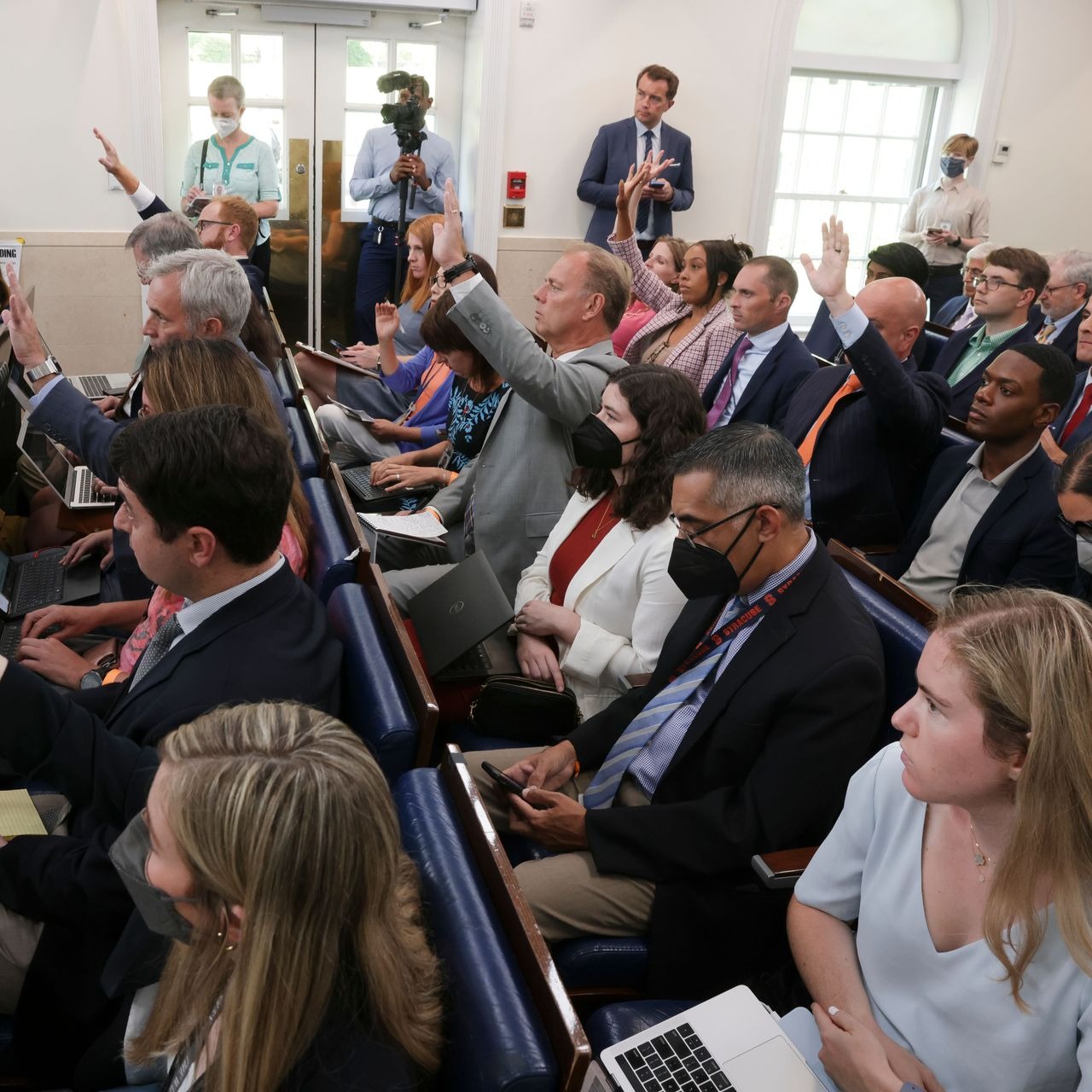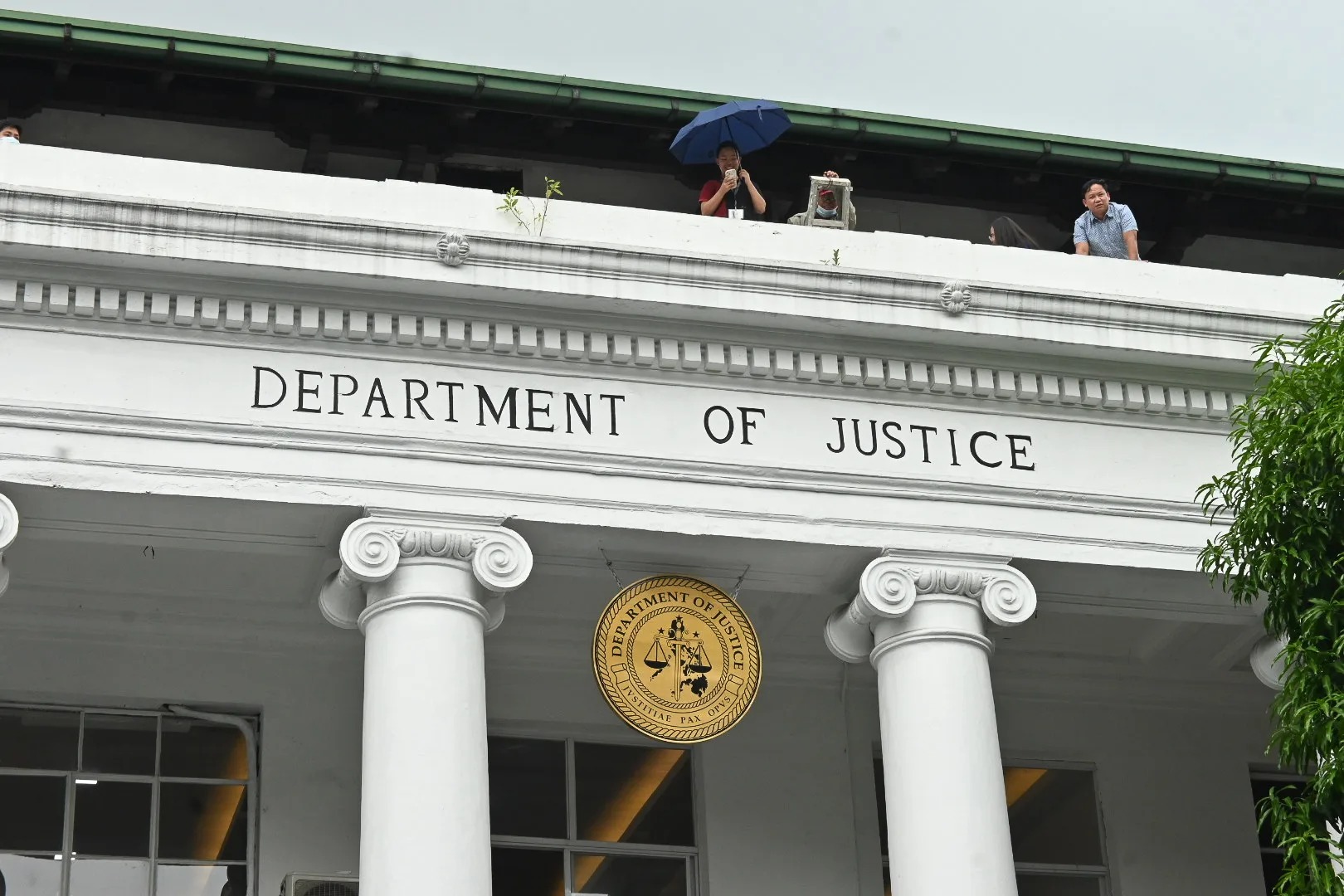The recent revelation concerning the Department of Justice (DOJ) notifying the National Association of Immigration Judges (NAIJ) about restricting communication with the public without DOJ approval has sparked concern and raised questions about the potential suppression of free speech rights among immigration judges (IJs).
With over 730 members, the NAIJ represents the interests of immigration judges across the United States. Senator Chuck Grassley, a prominent figure in the Senate Judiciary Committee and known for his stance against government secrecy, wasted no time addressing this matter.

Justice Department (Credits: The New Yorker)
He penned a letter to Attorney General Merrick Garland to clarify the alleged attempt to limit IJs’ ability to communicate freely with the public.
The Biden administration’s move to impose such restrictions has prompted speculation about its motives. Grassley’s inquiry highlights concerns about potential government cover-ups or attempts to conceal information from the public eye.
By stifling the free expression of immigration judges, there is a fear that essential insights into immigration proceedings and related issues may be suppressed.

Justice Department (Credits: The Wall Street Journal)
Grassley’s letter underscores the importance of upholding free speech rights, especially within government institutions that administer justice. The ability of immigration judges to communicate openly with the public serves as a crucial mechanism for transparency and accountability in the immigration system.
The response from Attorney General Garland and the Biden administration will likely shed light on the intentions behind these restrictions and whether they align with principles of openness and transparency in governance.
Until then, questions will linger about what the administration may attempt to conceal and the potential implications for immigration proceedings and public trust in the justice system.























